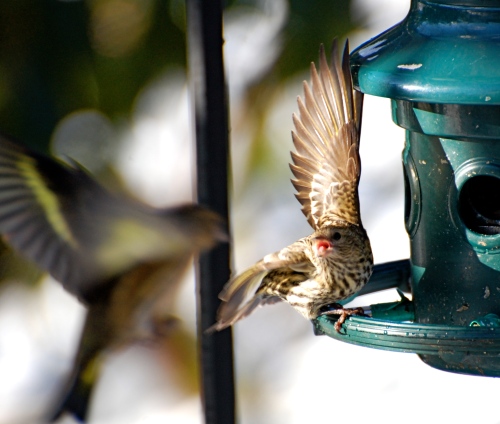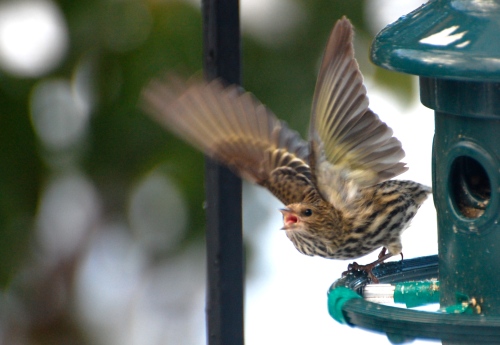A few months ago I entered the 2011 Science Writing Competition, put on by the Wellcome Trust in association with the Guardian and the Observer. I was lucky enough to be shortlisted, which meant that yesterday I got to go to a science writing workshop at the Guardian as well as an awards ceremony hosted by the brilliant Dara O’Briain.
The ceremony consisted of drinks and canapés in the Wellcome Trust Collections, surrounded by sciencey art installations – a gorgeous blown-glass sculpture of an H1N1 virus, a hanging skeleton with the skull and pelvis switched, and the like. The Wellcome Collections are what my house will look like when I am rich.
Somewhere in the middle there were a couple of great speeches, including an impassioned pro-science polemic by Dara O’Briain, after which he announced the winners: for my category (non-professionals), Tess Shallard; and in the professional category, Penny Sarchet. Their pieces will be published in The Guardian and/or The Observer within the next couple of weeks, and I’m looking forward to reading them – I think my own entry, and the other shortlisted entries, will be published online in due course.
The event also provided an opportunity to meet several of my idols (e.g. Dara, Ed Yong and Ben Goldacre) and be rather too effusive (it was an open bar). Most of these conversations went like this:
Me (earnestly): Dude, you’re fucking awesome.
Ed Yong (equally earnestly): Hey, where did you get that beer?
In truth, everyone was utterly charming, and I’m very grateful to The Guardian and the Wellcome Trust for being excellent hosts and for putting on the competition in the first place. Congrats to Tess and Penny!


 .
.
